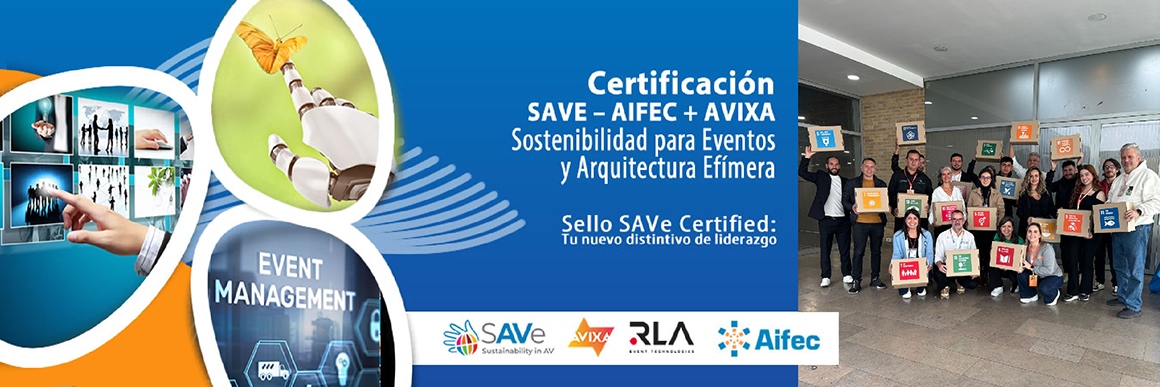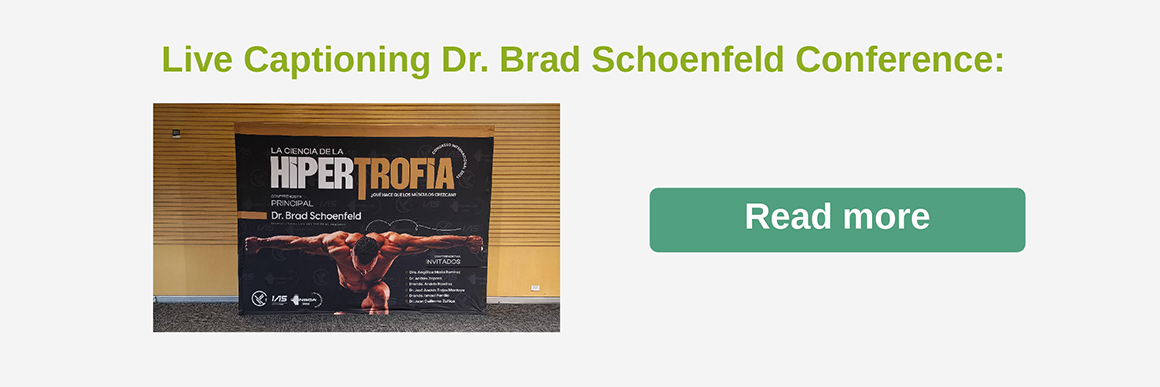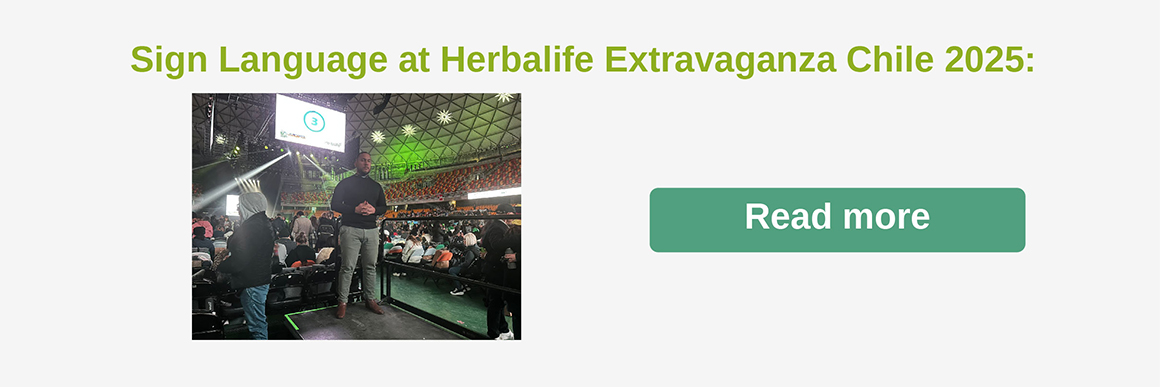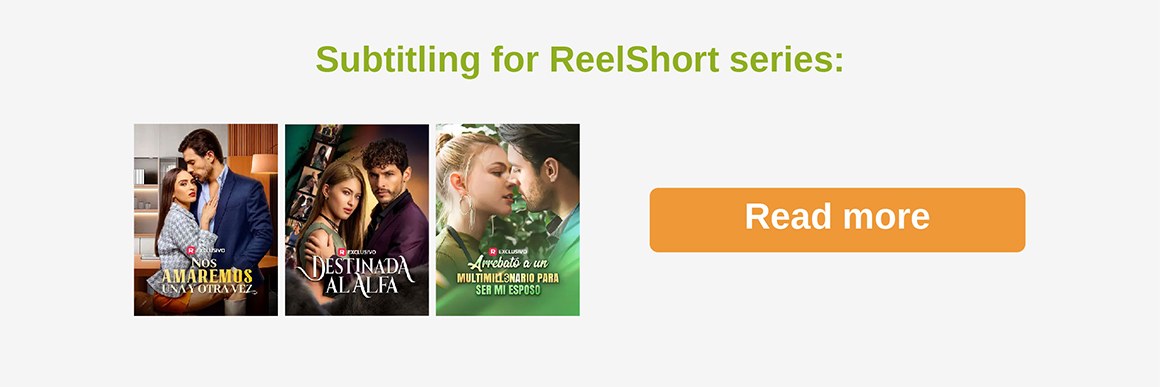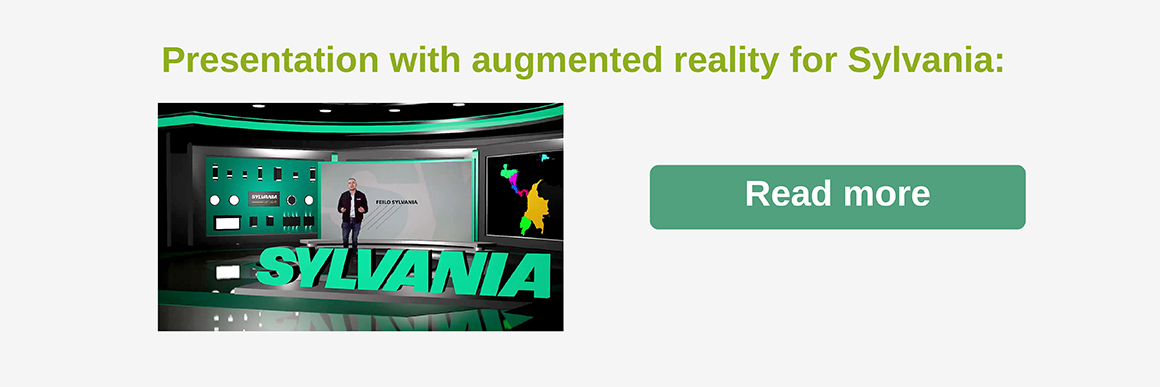Technology advances faster than information. Today, fairs and conventions in any given area have pedagogical workshops for training and disseminating news. This is what happened during the 7th version of Tecnotelevision & Radio in early November.
Luis Guillermo Torres, President of ATmedios, gave a presentation on the necessity, obligation and lack of knowledge about accessibility to audiovisual media in our country.
Although Colombia ratified in 2011 its participation in the UN Convention about the rights of disabled people, the country's efforts to achieve a more inclusive society move at a snail's pace. Some regulations on audiovisual media accessibility have been proposed in the country, but they are not fulfilled entirely. They do not have proper quality control or a progressive increase that makes it worthwhile to bring information and content to many more viewers.
One of the support systems implemented in national television is closed caption, which consists of a hidden text that transcribes the spoken contents and adds information about sound elements. Viewers can decide whether seeing it or not. It provides access to information for people with a hearing impairment, but it is not the only system available and it is not enough.
People who have never heard anything, or even those who have lost their hearing at an early age, have their own language, which is sign language. Therefore, there is a need to implement interpretation services for them. According to the most recent study by the National Television Authority on the subject, 35% of the country's deaf population cannot read or write. Therefore, the hidden text option doesn't work for them.
Television channels in Colombia have implemented closed caption in 22% to 26% of their programming. In the United States, England and France, almost 100% of contents offer this service.
But the need to produce, intervene and offer accessible material does not stop there. Our legislation has disregarded visually impaired people who could use audio description as support. It consists of an additional audio channel which is part of the show broadcast and contains relevant information about space, characters and actions.
And to top it off, there is the issue of cognitive disability. There are specific needs for this population, mainly content production, something that requires pedagogical advisory.
For the past 3 years, ATmedios has provided the Ministry of Information and Communication Technologies with innovative tools that allow deaf people to rely on subtitles and sign language, as well as audio description for people with low vision, visual impairment and even people with cognitive disabilities and the elderly.
We refer to the Whatscine app, which can be downloaded onto devices with Android or IOS operating systems. It can be used in cell phones, tablets and smart glasses to have access to sign language, subtitles or audio description.
This is how it has been possible to project more than 50 films to people with these disabilities. They have the chance to go to one screening per month in 10 different cities and admission is free of charge.
Also, it is worth mentioning that a TV pilot with audio description through mobile devices was made. Despite the opportunity presented by this initiative, it did not continue due to internal budget issues at the channel.
The experience is well received by disabled people who have used it and even attendees who are not familiar with these new technologies. The challenges are to make inclusion a priority and to implement new instruments with the purpose of achieving a more equitable society.
By: Liz Leandra Leon








